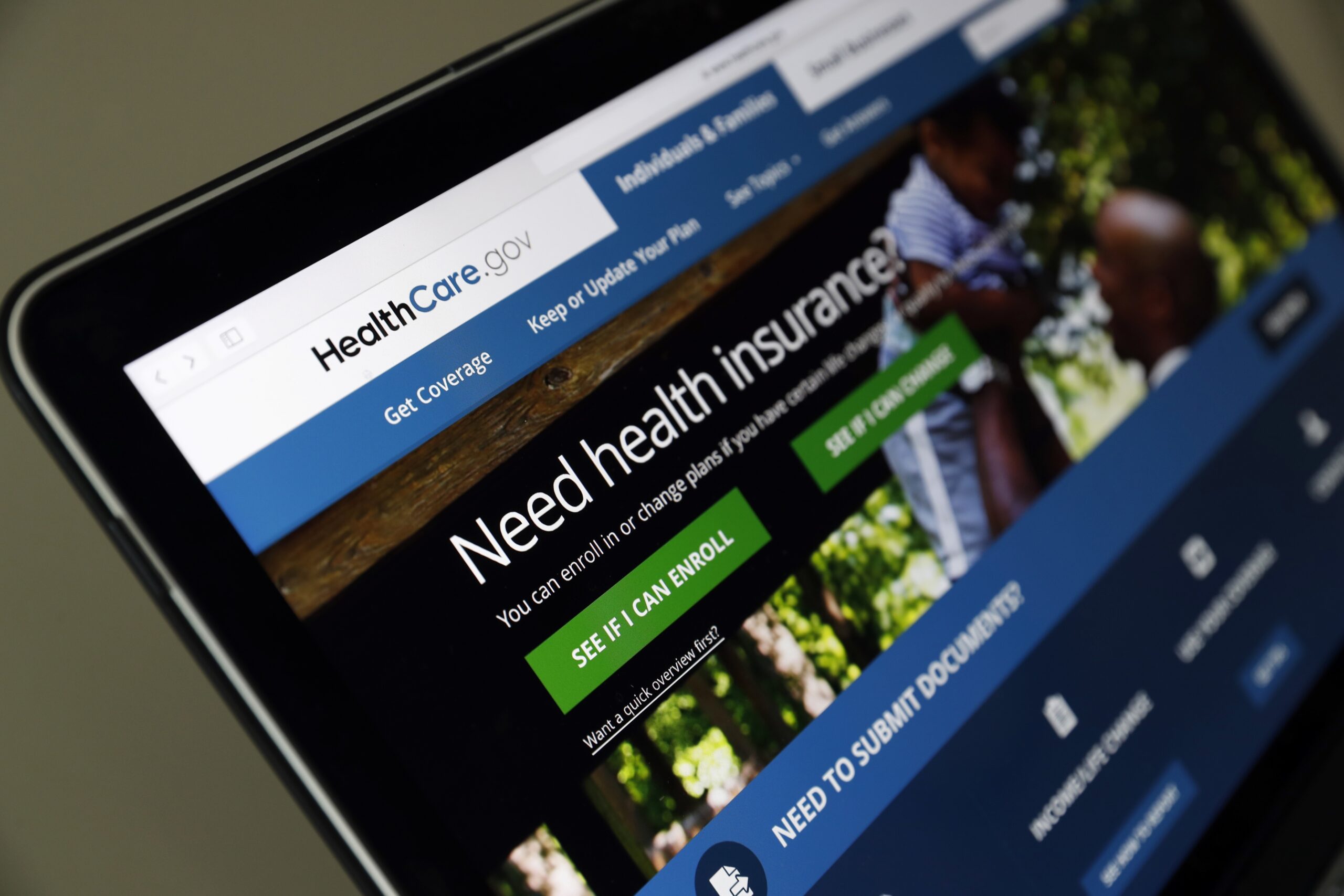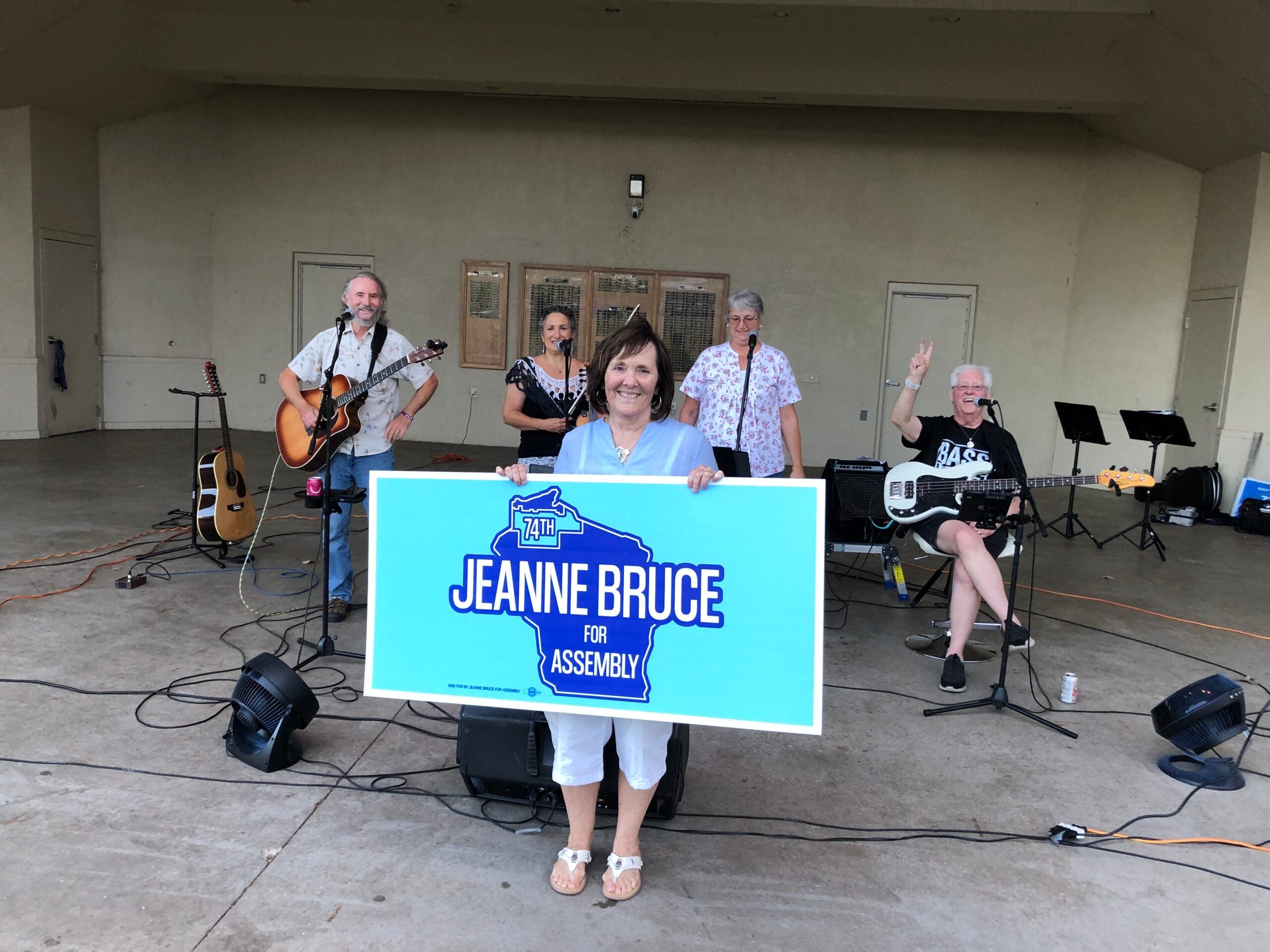The health reform that one Wisconsin governor began and another ended has been jump started by a Supreme Court ruling upholding most of the ACA. The state already has some elements in place but may hold off on creating a marketplace for people to buy insurance.
Wisconsin already requires some of what’s in the federal Affordable Care Act: young adults under 26 can be on their parent’s health policy and children with pre-existing conditions can’t be denied coverage. However the state did not require people to buy health insurance. Starting in 2014, under federal law, they’ll have to. 31-year old Nicholaus Strand wishes he had insurance; the restaurant cook from La Crosse didn’t have medical coverage when he got ill, “I think it’s a good idea because I’ve had a lot of unexpected medical expenses recently and I’m now thousands of dollars in debt because of it. which I could have totally prevented by having health insurance.”
But for other Wisconsin residents it’s a matter of freedom. Clark Burdick of West Salem currently has coverage but doesn’t think there should be a federal law forcing people to buy insurance or pay a penalty, “Well I don’t really like the mandate of it: having to do something that I may not be able to afford, so they’re just directing me on how I ‘m going to spend my income and resources. I just don’t think that’s fair.”
Stay informed on the latest news
Sign up for WPR’s email newsletter.
The U.S. Supreme Court said in a 5-4 ruling that the individual mandate is legal. For how long may depend on whether opponents get Congress to overturn what lawmakers narrowly passed in 2010. Gov. Scott Walker says expanding coverage will be costly and hopes President Obama’s signature legislation will be repealed: “The majority of people in the state, under the President’s Affordable Care Act: the majority of people in Wisconsin would pay more money in the future for less health care than they have today under our analyses from last year.”
An actuarial study done with MIT economist Jonathan Gruber estimates 60 percent of Wisconsin residents on the individual market would see premiums go up. But premiums for the rest of those on the individual market would drop, going down by 56 percent. The study also said 340,000 more people without insurance would get covered. That’s a good thing, says Mark Moody. He heads WEA Trust and was former state Medicaid director, “My personal view is that it’s great news for average, everyday Americans. And I think it’s actually good news long term for American industry and American business and competitiveness globally.”
The National Federation of Independent Business doesn’t see it that way; the trade group predicts small business owners will face taxes and mandates that result in job loss. But Janet Murphy says the Affordable Care Act could help attract higher qualified workers. Murphy is a Waukesha business owner with four employees. She runs Creative CNC which makes industrial cleaning products, “I feel like I miss out on opportunities to hire more qualified people that I would like to have working for me because I’m not in a position where I can offer a benefits packages.”
Wisconsin was one of more than two dozen states suing over the Affordable Care Act. Even though the Supreme Court upheld most of the law, state Attorney General J.B. Van Hollen says the challenge was necessary to assert state’s rights, “In that regard we have scored a resounding victory our claims have been vindicated and we have set precedent that will go forward to maintain the ability of states to be sovereign.”
Van Hollen was given permission to pursue the lawsuit by Gov. Walker who said he won’t move ahead on the Affordable Act provisions until November. Republican presidential candidate Mitt Romney has vowed to repeal the law. But Wisconsin’s former governor and longtime attorney general, Jim Doyle, says all public officials occasionally have to implement policies they don’t agree with, “This is the federal law and the federal law is the federal law . There really isn’t much choice. This is going to happen.”
How quickly, though, is anybody’s guess.
Wisconsin Public Radio, © Copyright 2025, Board of Regents of the University of Wisconsin System and Wisconsin Educational Communications Board.




